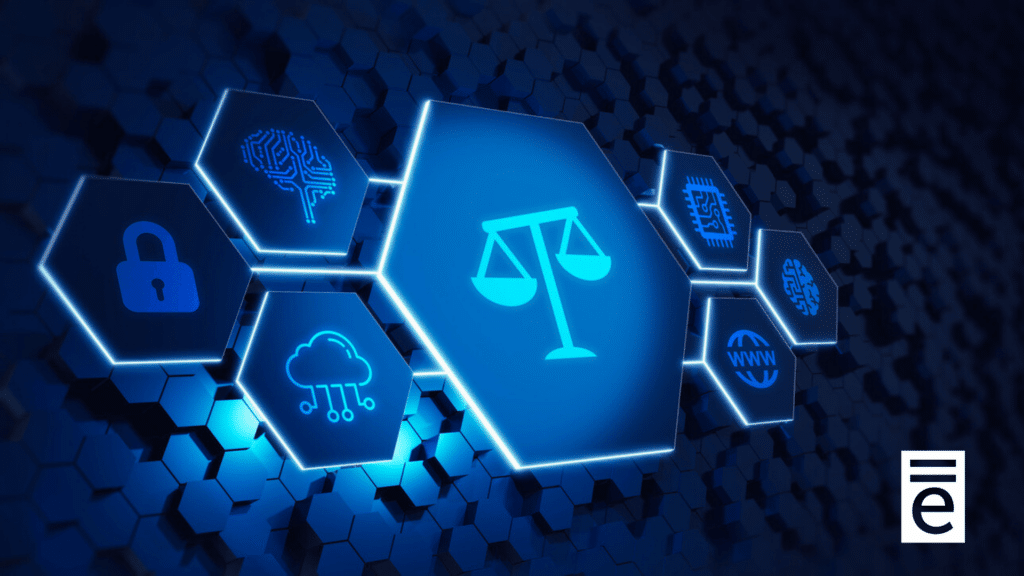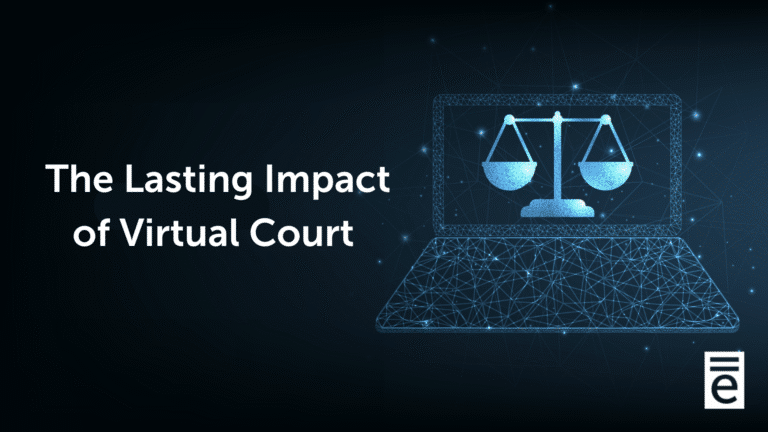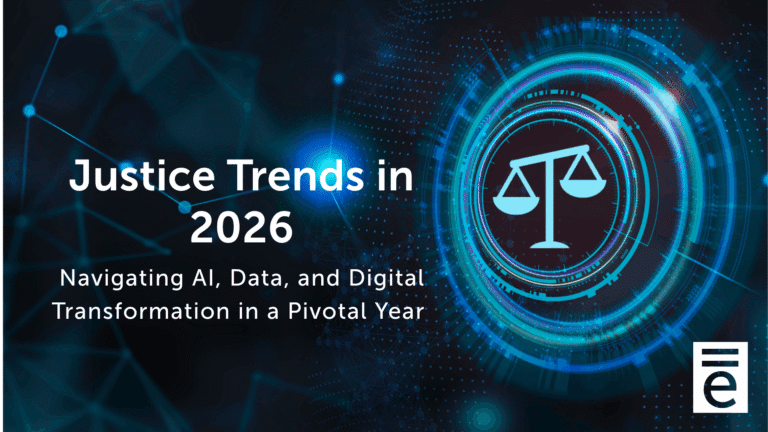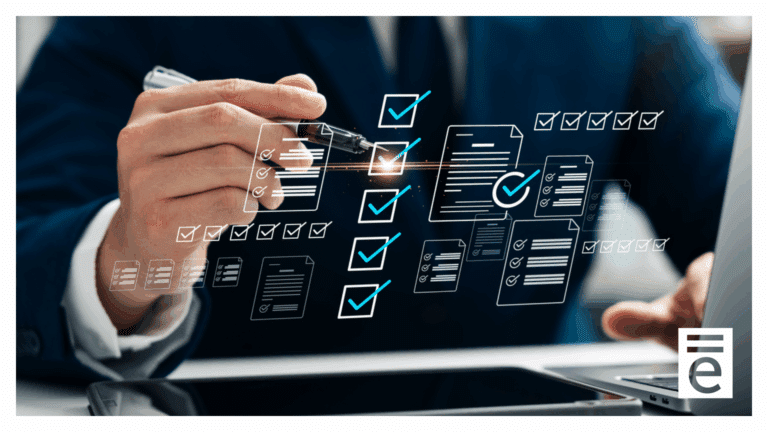As Artificial Intelligence (AI) has taken off over the last several years, there’s been a lot of buzz and excitement about the possibilities. But there has also been some fear and concern. In the justice industry, many people are concerned whether the advancements in AI will impact court privacy. While those concerns are justified, courts can take steps to protect their data. Many court technology vendors are ready to help address the concerns head-on. Despite concerns, it’s important to recognize that the opportunity AI carries far outweighs the risks.
Defining Court Privacy and AI
Courts are responsible for storing lots of personally identifiable information (PII), so privacy is of utmost importance in the justice industry. Essentially, court privacy is the comfort you get knowing your personal information will remain private and confidential. This responsibility falls on courts and any CMS vendor the court uses.
As AI has gained significant momentum, we’ve seen increased concern for protecting data and PII. But it’s important to recognize that just because something claims to use AI doesn’t mean it does. AI and automation are often confused with one another. Artificial Intelligence involves changing behaviors or responses based on what is learned. Automation involves something that has been programmed and does not change unless a human changes it.
New Technology Brings New Opportunity
Courts are consistently adopting new tools and technologies. Like with any tool, AI can pose threats to court privacy. Dark web models of AI are now available. They are more sophisticated than ever and can be used for cyber-attacks. AI hallucinations (when AI makes up information and fills in blanks inaccurately) have been introduced and can affect document integrity. We’re also seeing deep fakes and AI-generated images bringing evidence integrity into question. And while these things may sound intimidating, the power of AI to make a positive impact is even greater.
For those concerned with privacy, it’s important to understand that the AI used with CMSs and businesses differs from models like ChatGPT that are available for public use. AI for businesses stores data through an API, so the data it interacts with is not used for training purposes and is not public information like ChatGPT. It does, however, present a unique set of opportunities to courts.
AI is very skilled at working with documents like PDFs and TIFF files. When trained properly, AI can increase accuracy and help catch any PII missed through redaction processes. Additionally, AI can be trained to handle tedious daily tasks to free up time for court professionals so they can focus on higher-priority items. As AI models evolve and improve process accuracy and precision, we expect to see more opportunities for courts to leverage the technology. Rest assured, AI is not taking jobs. It is designed to act as an assistant, not a replacement.
Preparing Your Court for AI While Protecting Your Data
As with any new technology, it’s important to prepare your court to use AI responsibly to protect important data. Some steps you can take include:
- Develop a strict policy on AI and discuss the policy with your team often
- Ensure that any vendors and in-house applications align with your AI policies
- Set up advanced security measures like 2FA and encryption
- Implement routine security updates
- Upgrade your infrastructure to ensure it works with AI
- Review the National Center for State Courts’ Guidance for Use or AI and Generative AI in Courts
The responsibility to protect data doesn’t fall solely on the courts. It’s important to work with a vendor that stays ahead of the curve regarding new technology and actively takes steps to ensure data privacy. If you’re unsure what your vendor is doing to protect data, ask what advanced threat detection they use. Additionally, regularly engage in conversation with your vendor about the AI landscape. Many vendors are heavily involved in industry groups that look to the future and prepare for various scenarios as technology evolves.
Setting Your Court Up for Future Success with AI
We can only speculate what AI will look like in the future. But based on current trends, we can make educated guesses. We expect AI will continue to grow as a tool for humans rather than a replacement. As AI models evolve, we think they will likely be used for data analysis and as prediction mechanisms. However, due to possible biases, it will still need to be monitored, requiring human interaction. Additionally, we expect AI to be used behind the scenes in document recognition. AI will have a massively positive impact on court efficiency, accuracy, and productivity.
Understandably, many find AI intimidating. If this is the case for you, our best advice is to dive in and use it. The more you use AI, the more comfortable you will be identifying ways it can improve your processes. AI is here to stay. Rather than let your innovation stagnate, educate yourself and your court on the new advancements so you can use it to make a positive impact.
If you want to discuss AI further or have questions about how it could help your court, contact us.





